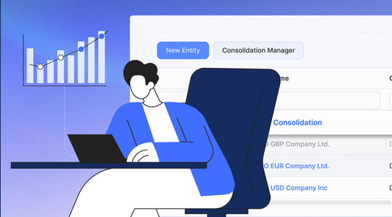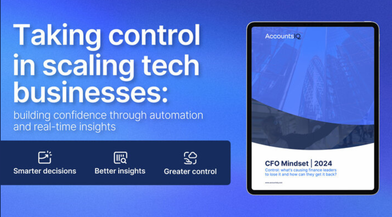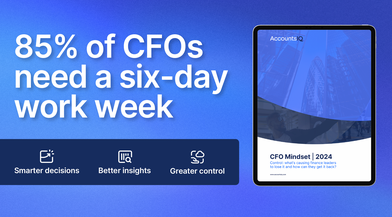
The CFO role has always involved taking charge of a company’s finances. But now the CFO has a wider range of skills and responsibilities, working together with the CEO to decide on and realise the strategic goals of the business. The CFO role is one of the most critical and important positions in any company.
Evolving responsibilities
Since the financial crisis in 2007, the role of the CFO has evolved dramatically. With healthy finances crucial to the survival of the business, CEOs increasingly turned to their chief financial officers to guide the direction of their companies. Today, the CFO role involves much more than simply working in isolation to balance the books; it’s become a central and collaborative position, instrumental in shaping strategic decisions and determining the future direction of the business.
Whoever fills the CFO’s shoes must now take responsibility for four main pillars of financial governance:
- Strategy – joining the CEO and other senior staff in the strategic planning and management of the company. The CFO is a key confidant supporting the CEO’s vision.
- Leadership – everything from process, reporting, tax and investment.
- Innovation – the changing role of the CFO now involves driving new technology initiatives to improve efficiency and benefit the bottom line.
- Stewardship – monitoring procedures, processes and performance to ensure that the company is compliant with regulations, balances the books and reports effectively to shareholders.
Embracing the digital age
It’s not just the global financial crisis that has impacted on the role of the CFO. Digital innovation is now a key driving factor. Today, the business world must tackle unique 21st century challenges such as cyber security, social media, logistics and corporate branding – all modern advances that can have a direct impact on company turnover. That means chief financial officers must be far more tech-savvy than ever before, embracing the digital age and becoming increasingly involved in this diverse set of disciplines.
Data-driven insights
As we’ve seen from examining a CFO’s responsibilities, the changing role of the CFO is shifting more and more towards one of strategy and insight. Chief financial officers need to understand every level of the business to enable innovation and be leaders of change.
In order to shape an organisation’s financial direction effectively, you need the right tools for the job. Accurate insights into a company’s performance can make the difference between success and failure, so in-depth data analysis and accurate financial forecasting are vital.
 The right accounting software can play a crucial role in the success of the CFO, and therefore, of the company as a whole. With advanced, customisable financial reporting and analytics, the task of building a strategy (and monitoring its success) is made immeasurably easier. (Of course, it’s good to have a system that also performs the core financial functions efficiently, too).
The right accounting software can play a crucial role in the success of the CFO, and therefore, of the company as a whole. With advanced, customisable financial reporting and analytics, the task of building a strategy (and monitoring its success) is made immeasurably easier. (Of course, it’s good to have a system that also performs the core financial functions efficiently, too).
AccountsIQ is a cloud accounting solution that will help make your finance function and wider operations more efficient.
We have recently published a series of guides on Digital Transformation, which you can download. For more information on how AccountsIQ can help you get the most out of your company, whatever your sector, just contact us.
Call 0203 598 7350 or email sales@accountsiQ.com.



